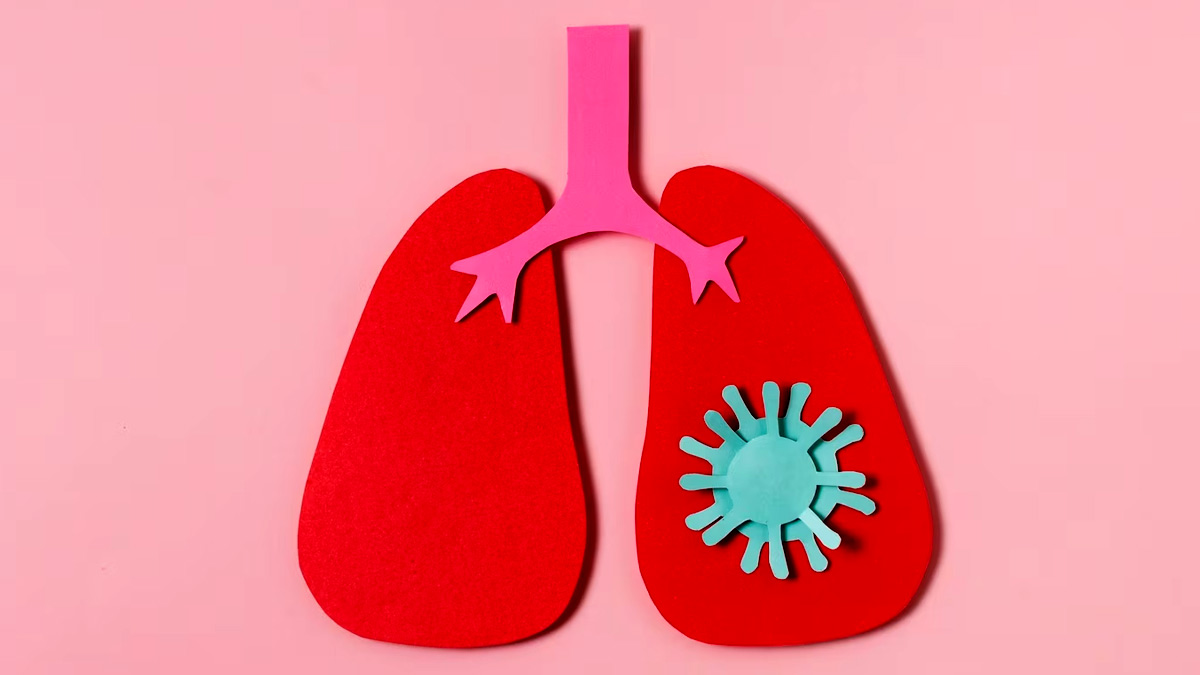Poor Air Quality Linked to Soaring Lung Cancer Rates Among Non-Smokers


In recent years, an alarming trend has emerged – an increasing number of non-smokers are being diagnosed with lung cancer. While the link between smoking and lung cancer is well-established, researchers are now turning their attention to the role of poor air quality in contributing to the rise of this deadly disease among non-smokers. The mounting evidence suggests that airborne pollutants and carcinogens present in the atmosphere are wreaking havoc on lung health, underscoring the urgent need for proactive measures to combat air pollution and protect public health.
The Impact of Airborne Carcinogens
Studies have revealed that ambient air pollution contains numerous carcinogens, such as fine particulate matter (PM2.5), nitrogen dioxide (NO2), ozone (O3), benzene, and formaldehyde. These pollutants can penetrate deep into the lungs, causing cellular damage and inflammation. Over time, this chronic exposure can lead to mutations in lung cells, paving the way for cancer development, even in individuals who have never smoked.
Vulnerable Populations
Certain groups of people are particularly vulnerable to the harmful effects of poor air quality. Children, the elderly, and those with pre-existing respiratory conditions are at heightened risk. Moreover, people living in urban areas with high levels of pollution or near industrial sites are more likely to face elevated lung cancer rates. Indoor air quality also plays a significant role, especially in homes where indoor pollutants like secondhand smoke and radon gas can compound the adverse effects.
Also read: Air Pollution And Lung Cancer: Role Of Endobronchial Ultrasound In Diagnosis And Treatment

The Role of Preventive Measures
Given the detrimental impact of air pollution on lung health, public health authorities and policymakers must prioritize preventive measures. Implementing stricter emission standards for vehicles and industries, promoting cleaner energy sources, and investing in sustainable transportation systems can significantly reduce the amount of pollutants released into the air. Additionally, raising awareness among the public about the dangers of poor air quality and providing information on protective measures can empower individuals to take action to safeguard their health.
The rise in lung cancer cases among non-smokers is a concerning public health issue, and poor air quality has emerged as a significant contributing factor. Combating air pollution requires a collective effort from governments, industries, communities, and individuals. By implementing stringent environmental regulations and fostering cleaner practices, we can work towards a future where clean air becomes a fundamental right, safeguarding the health and well-being of all, regardless of their smoking history.
